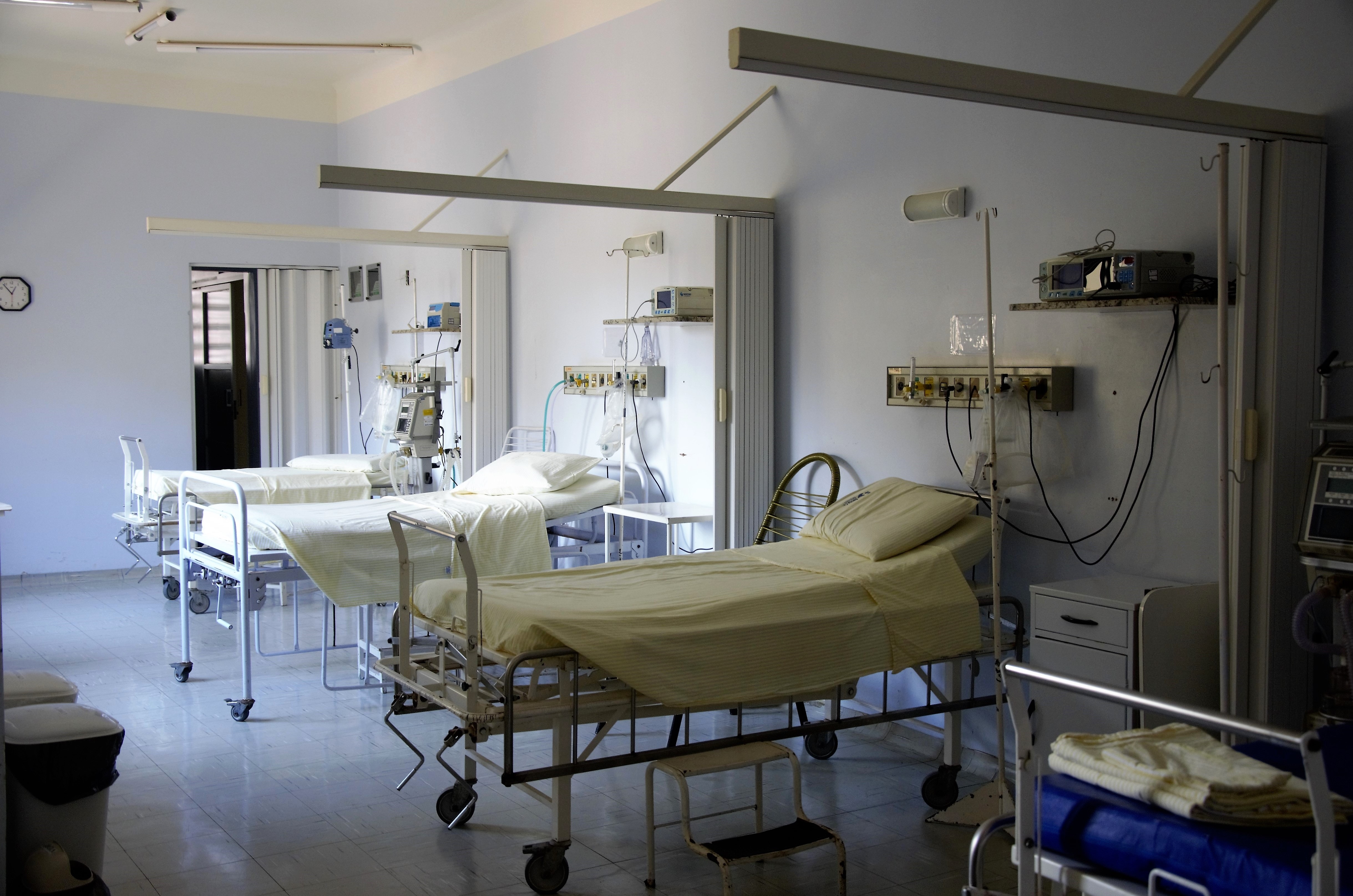Updated: 31/01/2026
Do We Need Private Medical Insurance?
Private Medical Insurance is sometimes a necessity. The British public healthcare system, or National Health Service (NHS) as it is commonly known, is among the best in Europe. but nonetheless, it is not perfect and it is struggling for funding.
The system itself is residence-based, therefore in order to get secondary care, you must be a resident (For hospital treatment), and this may be a difficulty for international citizens within the UK.
1. What is the Cost of Private Medical Insurance
Depending on your unique circumstances, the cost of Private Medical Insurance in the United Kingdom will vary considerably, and as such before committing yourself to a policy, it is vital to shop about and obtain an accurate estimate.
2. Is Private Health Insurance Expensive
The cost is related to the cover required and is an individual choice. There are companies that offer discounted coverage which kicks in only if the NHS is unable to provide care within a specified time frame (typically six weeks).
This means that you will not be required to pay full price for treatment that is accessible through the public healthcare system; nevertheless, you may still be required to pay an excess or “co-payment” in addition to your premiums.
Many inhabitants of the United Kingdom view Private Medical Insurance as a supplement to the public NHS. The NHS is one of the world’s largest single-payer healthcare systems, covering millions of individuals annually.
3. What Type of Cover is Available?
Obviously, the NHS is comprehensive, offering almost all types of care to those suffering from illness, but it nevertheless struggles with such an enormous number of patients each year (Dealing with on average almost 1 million every 36 hours).
Private Medical Insurance might shorten the amount of time required to receive care, which will generally depend on the type of coverage purchased by the individual.
It can cater to specialized drugs and treatments that the NHS may not authorize. These may include new treatment innovations and specialized equipment.
Some policies also allow you to select a waiting time, so your coverage begins when the NHS is unable to offer prompt care (usually six weeks). This may be the optimal solution for people who desire the expediency of private care without the expense.
4. What are the Choices Available?
The obvious choice is the fact that the NHS provides free medical treatment to the majority of UK residents, although many additionally purchase Private Medical Insurance. This type of policy covers a portion of the total cost of private healthcare and includes a variety of advantages and features.
In particular, it gives an individual the option to choose which hospital and doctor they want to provide them care. Unlike the NHS, which has doctors on rosters, you have more control over when and how you receive treatment.
There are numerous suppliers of Private Medical Insurance in the United Kingdom, including well-known worldwide firms such as Bupa, AXA, and Nuffield – That said, it is very important that you discuss your requirement with a specialist to determine the best and most suitable coverage for your needs.
5. Are Medical Care Waiting Periods a Factor?
If the Press is to be believed, the NHS is creaking and under extreme pressure. The Waiting Lists are months rather than days or weeks, and getting worse, so it’s fair to say that Waiting Periods will play a key factor in a decision to invest in Private Medical Insurance.
Private Medical Insurance is there and available to those who can afford it, and doing so will inevitably reduce the time the individual has to wait for treatment. This option provides faster access to specialists and hospitals, as well as access to better facilities, such as private wards.
It should be noted, that despite these readily available benefits, the national healthcare system in the United Kingdom faces major challenges, an increase in population, and a lack of the necessary funding.
This impacts an increasing proportion of patients who struggle to pay for their treatment. Sadly, this is putting further strain on an already overburdened NHS system and has prompted many to use their life savings and/or apply for various sorts of loans to gain fast access to much-needed medical treatment.
6. Funding Exclusions
Private Medical Insurance is primarily excluded from public support in the United Kingdom. The NHS receives tax-based public funds, mostly derived from general taxes. It is a government-owned and controlled organization that is required by law to offer medical coverage to all “ordinary residents” of the United Kingdom.
Private money primarily flows to private hospitals (independent and those affiliated with private hospital groups), NHS pay beds, and a few independent treatment centres.
However, a portion of this revenue cannot flow to public providers, and the NHS cannot collect private income in addition to its own (for example, where the provider is a private hospital group). This separation of public and private funding is a defining characteristic of the current British healthcare system.
Some mortgages in the UK may require a level of Medical Insurance, please feel free to read our review of many of the current mortgage products available in the UK HERE

